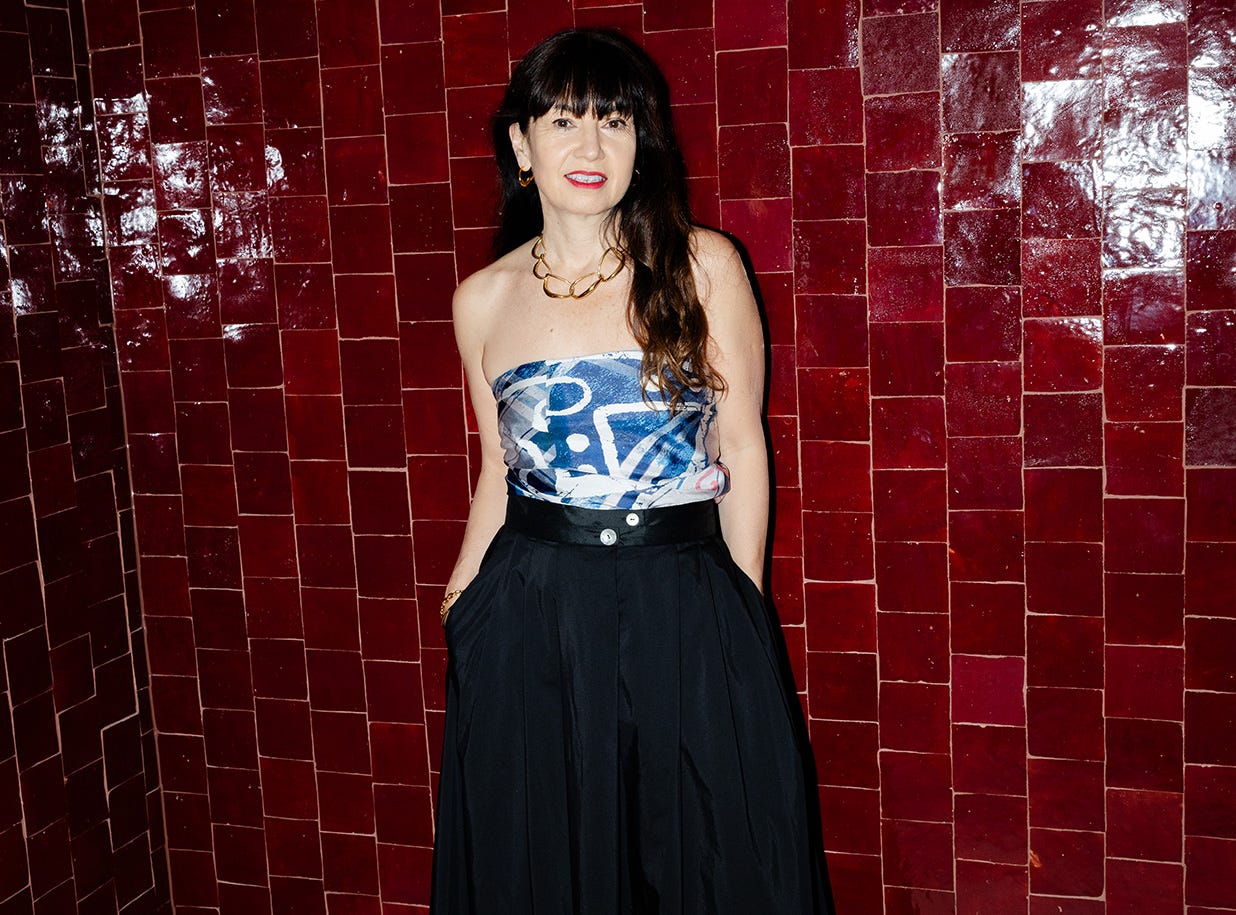I Grew Up in Fear. That’s Why I Don’t Use It to Fight Climate Change.
Fear paralyses. Hope mobilises. Here’s why I believe we need less terror and more trust to change the world.
Trigger warning: sexual assault, family violence
Fear can be a powerful motivator. At its best, it keeps us safe - helping us sense danger and sparking the instinctual fight-or-flight response that has ensured human survival. But not all fear is created equal.
Manufactured fear is something else entirely. It exerts toxic control, often without our conscious awareness, and it can come from many places: the way we’ve been socially conditioned by family dynamics, dominant cultural narratives designed to ‘keep us safe,’ or the media - through clickbait, sensationalism, moral panic. In my view, manufactured fear is always harmful, and the ‘fear’ it creates is often misplaced.
Take, for example, the early response to the HIV/AIDS crisis in the UK during the 1980s. Health campaigns leaned heavily into fear, using imagery like a looming iceberg to convey the hidden threat of infection. This was long before Titanic situated icebergs into popular consciousness. The marketing strategy was based on a belief that fear is the strongest motivator. So perhaps it’s no surprise that environmentalists have often approached climate change in the same way.
And yet, what ultimately helped shift the AIDS epidemic wasn’t fear - it was clear, practical information (“use protection to reduce your risk of infection”) and the compassion of public figures like Princess Diana, who dismantled stigma through simple acts of generosity. Fear can trigger immediate action in the face of acute danger, but in most cases, it breeds anxiety and paralysis, not rational decision-making.
This is the problem we face when fear becomes the central narrative in the climate change dialogue. People feel powerless and so incredibly overwhelmed by the scale of the issue that any individual action seems futile. But with nearly 8 billion of us, small actions multiplied can create extraordinary impact.
Consider something as simple as choosing to sit and drink your coffee in a café rather than taking it to-go. Every day, over 1 billion disposable coffee cups are used globally - cups that serve a purpose for mere minutes but take decades to break down. If all of us made this one small change, we could eliminate the need for disposable cups altogether. That’s achievable, isn’t it? When we scale small actions collectively, the results become tangible.
Pilita Clark, writing for the Financial Times, last year highlighted a telling statistic: a study of 130,000 in 125 countries found that 69% of the people surveyed were prepared to spend 1% of their income every month to fight climate change. However they think that only 43% feel the same. This perception gap is dangerous. If most of us are ready to act but don’t believe others will join us, collective action stalls. We lose trust in each other.
I believe manufactured fear is to blame for this. Fear activates the nervous system, flooding the body with cortisol and adrenaline. Heart rate spikes. Breathing quickens. This response is helpful when running from danger but becomes deeply harmful when prolonged. Chronic fear erodes wellbeing. I know this firsthand.
I grew up in a household defined by fear: one parent who created it, and another who stood by, unable to stop it. As a child and young adult, I judged them both harshly. But with time and reflection, I’ve come to understand how manufactured fear seeps into the subconscious, how it paralyses, silences and ultimately perpetuates harm.
I’ve done things in my life that I’m not proud of, but one thing I will always hold with pride is my commitment to breaking the cycle of generational trauma. My father and his siblings were trauma victims/survivors. I only came to fully understand this later in life, with the help of The Body Keeps the Score by Bessel van der Kolk- a book I believe everyone should read. Despite the weight of its subject matter, it’s astonishingly readable.
My paternal grandmother died in a back street abortion in Ireland leaving my father and his siblings motherless when they were very young. My father and his siblings grew up in constant fear, living with an alcoholic and violent father. Though each of them carried that trauma in different ways, it was my aunt who bore the worst of it. Fear wove itself into the fabric of my own childhood too.
But this has not been the experience of my three children. I have raised them with love, unconditional support and a healthy dose of humour. I have broken the cycle.
If we want to mobilise billions of people to take action on climate change, we need to stop terrifying them. Fear may make for clickable headlines, but it can never make for lasting change. What we need instead is hope, trust and belief in one another. We need to give people the confidence that their actions matter, that together we can do better.
And honestly? This approach is going to be a hell of a lot more fun.



